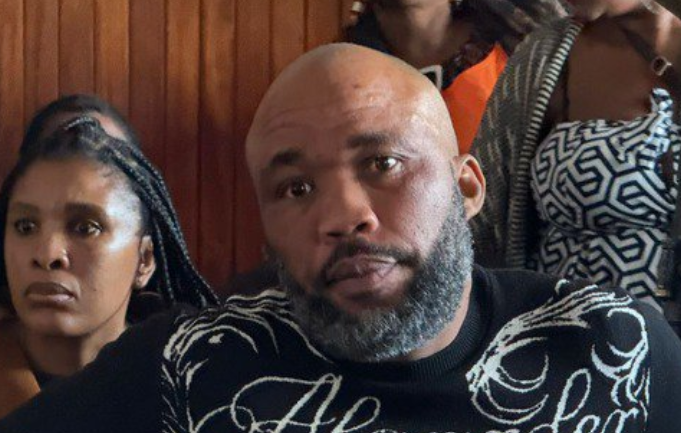Gauteng reports decrease in COVID-19 cases
By Kaya 959 News
Gauteng recorded a decrease in new COVID-19 infections on Monday.
The latest from the National Institute for Communicable Diseases (NICD) confirmed that the Western Cape recorded the highest number of new infections.
A total of 5 575 new COVID-19 cases were recorded across the country. SA has a total of 2 461 758 confirmed COVID-19 cases with a death toll of 72 437.
The National Department of Health said 7 769 799 vaccines have been administered in SA.
As of today the cumulative number of #COVID19 cases identified in SA is 2 461 758 with 5 575 new cases reported. Today 246 deaths have been reported bringing the total to 72 437 deaths. The cumulative number of recoveries now stand at 2 238 388 with a recovery rate of 90,9% pic.twitter.com/KiuW1gYFCv
— National Department of Health (@HealthZA) August 2, 2021
READ: Gauteng Education clarifies ‘vaccine report’ school enrollment request
Vaccine rollout
Meanwhile, the country’s vaccine rollout programme has been given a boost.
The second batch of Pfizer vaccines is expected to arrive in South Africa on Tuesday.
The health department confirmed that it received the first batch of 2.8-million doses of vaccines at the weekend.
The second batch comprises of 5.6m doses.
Initially, the government set out to vaccinate at least 41-million people by the end of this year to achieve herd immunity.
That goal has been stifled by a number of stop-starts in the rollout programme. The department has now committed to achieving ‘containment’ – a plan to vaccine just enough people to ensure that there is no strain on hospital admissions.
READ: COVID-19: 18-34-year-olds get ready to vaccinate
SA’s Acting Health Minister, Mmamoloko Kubayi, said the vaccines, donated by the United States government, will contribute to the country’s expanded vaccination programme which is fast gaining momentum to reach more people.
The vaccines would also be distributed to other countries in the continent through the African Union Commission.
“This contribution comes timely for us as we prepare to move to the younger age cohort of 18 in September, who are eager to get these life-saving vaccines. The donation of these vaccines, contributes to security of supply to meet the demands we have to reach our set milestones and vaccinate a majority of the population soon,” she said.
Written by: Tamlyn
Similar posts
MORE ARTICLES

WATCH: American Artist, Lisa Shaw in SA for the Italian Elegant Xperience and working on a new album

The Kaya Countdown powered by Ackermans

Akon City project reportedly scrapped by Senegalese authorities

State to add more charges in Vusimuzi ‘Cat’ Matlala’s case

Temu launches first warehouse in South Africa
QUICK LINKS
UpComing Shows


The Hive
With Bonolo "Bee Sting" Molosiwa
Every "Hive" needs a Queen B and Bonolo "Bee Sting" Molosiwa is Kaya 959's honey who brings in the money. With her bubbly personality, infectious laugh, Bee Sting radiates positive energy which is all you need to get your weekend off to the best start. Don't miss the Afrobeat Dancehall Ragga (ADR) Top 10 on The Hive with Bee Sting every Saturday from 18h00 - 21h00.
close
The Hive
With Bonolo "Bee Sting" Molosiwa
Every "Hive" needs a Queen B and Bonolo "Bee Sting" Molosiwa is Kaya 959's honey who brings in the money. With her bubbly personality, infectious laugh, Bee Sting radiates positive energy which is all you need to get your weekend off to the best start. Don't miss the Afrobeat Dancehall Ragga (ADR) Top 10 on The Hive with Bee Sting every Saturday from 18h00 - 21h00.
close
Tune and Chill
with Tyroline Franks
Tune and Chill with Tyroline Franks on Kaya 959. Weekends, Saturday and Sunday, 15pm-18pm.
close
On the Beat
On the Beat with George Manyosi on Kaya 959. Saturday's, 18pm-21pm.
closeConnect with Kaya 959
DownLoad Our Mobile App
© 2025 Kaya 959 | On The Street On The Air









